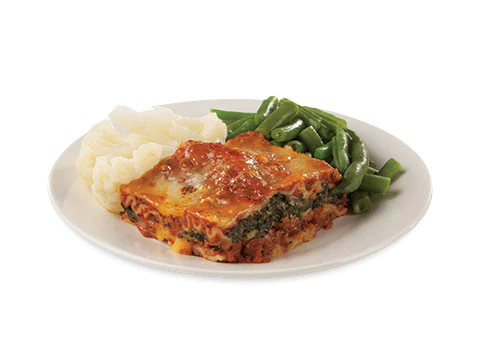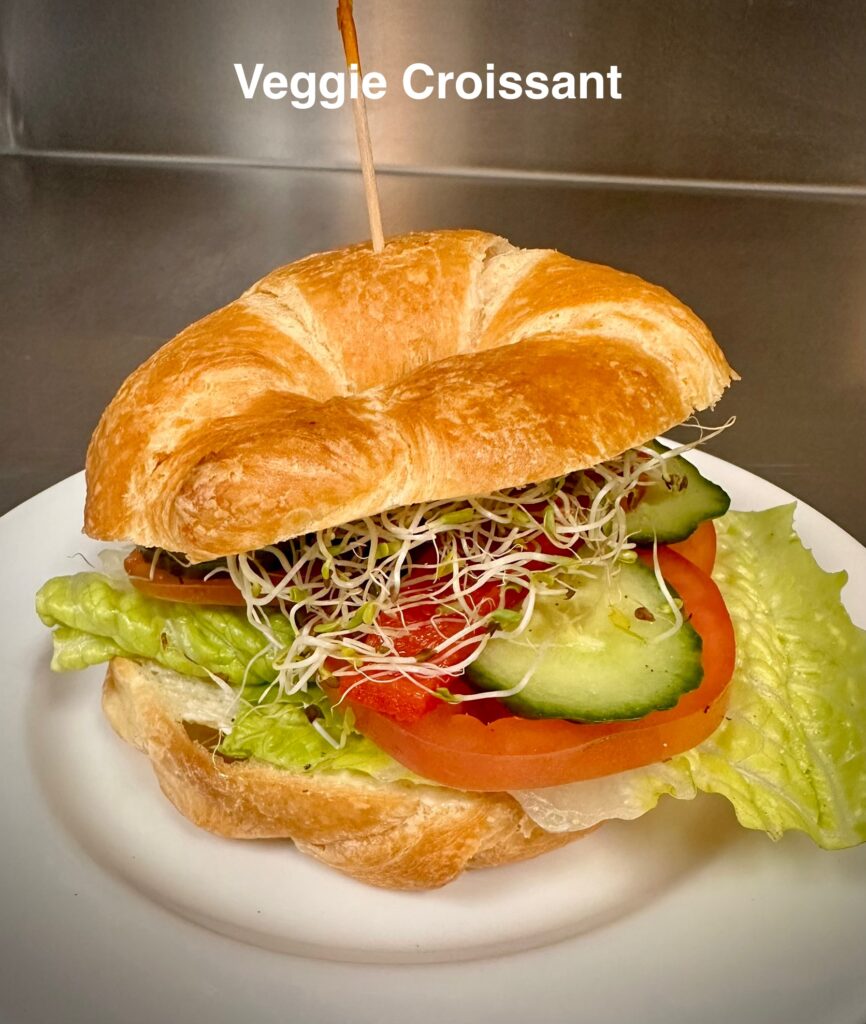Blog
Distinction Without a Difference
I saw this phrase recently, and it got me thinking about how well it sometimes describes real life.
A hypothetical example would be when a person in a position of power stands over an underling and innocently asks, “Are you sure you want to do that?”
Was that behaviour directing the underling to make a different decision from the first?
A distinction without a difference.
A second example is food labelling in Canada – what is a Canadian food item?
The Government of Canada has made 2 legal distinctions that can stand up in court. ‘Produced in Canada’ means that 98% of an item’s cost was incurred in Canada. For example, a soup mix made from 100% Canadian food items with the addition of a few spices not grown in Canada would qualify for this label.
‘Made in Canada’ means that 51% of the creation costs happened in Canada. For example, imported coffee beans, roasted and packaged, are considered under this label.
When I stand in front of these products in the grocery aisle, I don’t realize the distinction these 2 labels make.
The distinction makes no difference when selecting what to put in my cart.
This is critical because I have only one piece of information at the crucial moment. The item in my hand states, ‘Made in Canada.’
As the end user, I want to support Canadian products and businesses. A simple graphic of a one inch bar that was shaded in like a battery level on an electronic device; Just about 100% shaded for ‘Produced in Canada” to about 50% to show ‘Made in Canada.”
Now I have the full spectrum of the information I need. I don’t need a university degree to go shopping!
The distinction with no difference also applies to relationships. I remember that, as a parent trying to be a good parent and letting my young children gain control over their lives, choosing what to wear was a good starting point. After they put on their clothes I said, “Are you sure you want to wear that?” They looked silly, I thought, and might get laughed at.
Was I genuinely encouraging them to make decisions for themselves? Was I teaching them about the consequences of their choices?
There might be a legal distinction, but for practical purposes, I was not offering an opportunity to be free to make decisions.
Please give this a bit of a think. Are there situations in your life where you made a distinction, but others might question the difference? Were you fooling yourself?
I am curious about your thoughts. Please comment below with your bit of a think.
Photo by Caleb Jones on Unsplash
If you enjoyed The Blog, please share it with others. Thanks.
And my thanks to St. Albert’s 50+ Activity Centre for making this Blog possible.

Volunteer Blogger
glenn.walmsley@icloud.com











Test
Test test test
I can think of a few situations. The first one is workplaces titles in education. Some schools call support staff “Educational Assistants,” while others use “Paraprofessionals” or Student Support Workers.” In my school, we use the title “Educational Assistant.” While the names differ, the job duties, responsibilities, and daily challenges may be nearly identical. The distinction in title exists, but for many, there’s no real difference in the role itself.
The second one is related to mandatory COVID vaccinations:
During the COVID-19 pandemic, some governments said, “Vaccination is not mandatory, but those who remain unvaccinated will not be allowed to enter certain workplaces, travel internationally, or dine indoors.”
I think we can agree that the above statement allows for choice. Restrictions placed on unvaccinated individuals made it feel like there was no real choice at all. The distinction (not mandatory vs. required to participate in society) is all in the wording. But, in effect, there was little difference.